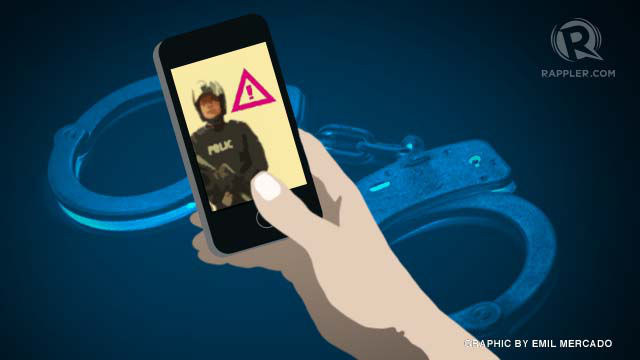SUMMARY
This is AI generated summarization, which may have errors. For context, always refer to the full article.

MANILA, Philippines – In a post-Snowden world, where the bounds of a government in providing national security have to be balanced with the privacy of its citizens, another project has come to light that allowed US counternarcotics programs access to 26 years worth of phone call records.
Revealed by The New York Times, The Hemisphere Project is reportedly a cooperative between local and federal drug officials and telecommuncations giant AT&T.
According to the report, the US government “pays AT&T to place its employees in drug-fighting units around the country.” The employees help Drug Enforcement Administration (DEA) agents and local detectives, providing them with phone data from 1987 onwards – 26 years of records.
The program began in 2007, according to the presentation revealed by the New York Times. Hemisphere covers every call passing through an AT&T switch, whether it was made by an AT&T customer or not. The slides says 4 billion call records get put into the database every day, with some calls getting more than one call record.
The New York Times got the slides from Drew Hendricks, a peace activist from Port Hadlock, Washington. According to the New York Times report, Hendricks received the powerpoint presentation, which was unclassified but marked “Law enforcement sensitive,” after sending out public information requests to West Coast police agencies.
While the Obama administration acknowledged Hemisphere, it was noted that the phone data isn’t stored by the government. Rather, AT&T stores the phone data, which is then queried using administrative subpoenas, which are subpoenas issued by a federal agency rather than a judge or grand jury.
The report also noted that “Mark A. Siegel, a spokesman for AT&T, declined to answer more than a dozen detailed questions, including ones about what percentage of phone calls made in the United States were covered by Hemisphere, the size of the Hemisphere database, whether the AT&T employees working on Hemisphere had security clearances and whether the company has conducted any legal review of the program.”
Siegel responded via email that while AT&T could not “comment on any particular matter, we, like all other companies, must respond to valid subpoenas issued by law enforcement.”
The slides do note some good that has been done, citing some arrests made using data acquired from Hemisphere. This includes a 2011 case where law enforcement officials stopped drug dealers who were rotating prepaid phones. This led to the seizure of 136 kilos of cocaine and US$2.2 million. – Rappler.com
Add a comment
How does this make you feel?
There are no comments yet. Add your comment to start the conversation.